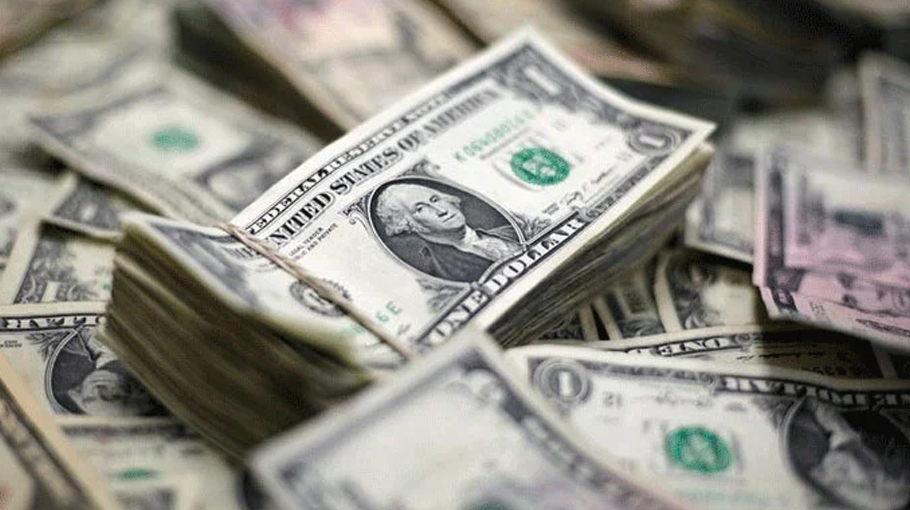$1.64b remittances in 21 days this FY

Remittances have jumped and stood at $1.64 billion in the first 21 days in July in the new fiscal year 2022-23.
Md Serajul Islam, executive director and spokesperson of Bangladesh Bank, told Bangladesh Post, “Eid-ul-Azha was celebrated in the country on July 10. The expatriates were sending more money to their families to make necessary purchases including sacrificial animals. That is why remittances are soaring.”
He said, “The remittance flow is good even after the holidays. If this trend continues, the number of remittances will exceed $2 billion at the end of the month.”
After something like a stumbling block in the just-concluded fiscal year, the country's remittance inflows witnessed a solid start in the new fiscal year 2022-23, which is good news for the country, an official of Bangladesh Bank said.
The remittance inflows stood at $21.03 billion in FY22, a decrease of 15 percent over the previous fiscal, according to Bangladesh Bank data.
Due to the high demand for dollars in the market, banks are providing more cash incentives to bring in remittances to the country which pushed the remittances up, a banker said.
He said remitters were now receiving around Tk 97 against each dollar based on the calculations of the existing exchange rate of the taka against the US dollar and a 2.5 percent incentive on the amount sent as a remittance.
The exchange rate of the taka stood at Tk 94.45 against a dollar on Thursday.
However, Eid-ul-Fitr was celebrated in the country on May 3. Expatriates sent a total of $2.09 billion remittance to the country in April ahead of Eid. It was the highest amount in a single month of the current fiscal year.
However, the country received $22.07 billion in remittances in 2021, which was more than that in any other year in the history of Bangladesh. This inflow was $21.78 billion in 2020 and $18.33 billion in 2019.
This important index of the economy increased last December and January after a decline for five consecutive months (July-November 2021). In December and January, remittance was $1.63 billion and $1.70 billion respectively.
In February, this inflow stumbled again as expatriates sent $1.49 billion during the time.
On the other hand, the country’s migrants sent home $1.86 billion in March ahead of Ramadan this year, which is 25 percent more than that in the previous month and also the highest in the past eight months.




